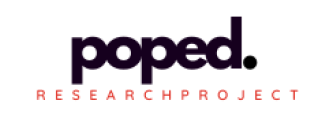Recent policy efforts to enhance and modernise the urban environment of Lagos have included restricting, or banning outright, street hawking and okada riding. These highly visible activities have been targeted for multiple reasons, including a desire by the authorities to improve personal safety and security, reduce okada-related accidents, improve traffic flows, and attract greater investment into the city. These measures have not been without controversy, with the uses of Lagos’s public space being highly contested between the authorities, informal operators, and residents. The bans target two major sources of income-earning opportunity for informal operators in Lagos. Further, they have persisted because residents have continued to buy from hawkers, and seek rides on okadas, as they actualise their daily transportation and consumption needs. The purpose of this research project has been to understand the reasons behind the perceived shortcomings of the measures imposed and seek to find ways to improve both the policies themselves and the policymaking processes that deliver the measures governing everyone’s daily lives in Lagos. To do this, we have engaged widely with stakeholders on both policies and policymaking. We have interviewed representatives from six government ministries, the federation of informal workers organisations of Nigeria, and representatives of Okada riders and street traders. We have gathered data through a survey of over 1700 respondents across okada riders, street traders and residents in 20 local government areas in Lagos State. Please note, however, that this survey was conducted in January-February 2022, before the outright bans on okada riders, imposed later in 2022. We have also sought the views of residents via radio phone-in programmes. We have then hosted two workshops, bringing the stakeholders together, to reflect on the findings of the research and to co-create proposals for ways that can take these concerns forward. Our workshops have demonstrated that whilst every stakeholder has an agenda to pursue and protect, and whilst the different agendas will sometimes conflict, there is a great willingness to meet in a spirit of cooperation and collaboration. From these meetings, the stakeholders have identified mutually agreeable solutions and ways forward, towards inclusive policy and policymaking processes, reflective of the dynamics of the Lagos economy. We present these recommendations now.
Citation : Igudia, E., Ackrill, R., Olusanya, Oyalowo, B. (2023) Inclusive poverty reduction: In search of a policy framework to support individuals operating in the informal economy in Lagos, Nigeria. The British Academy
URL
https://hdl.handle.net/2086/22991
Research Institute : Institute for Applied Economics and Social Value (IAESV)
Peer Reviewed : Yes



0 Comments